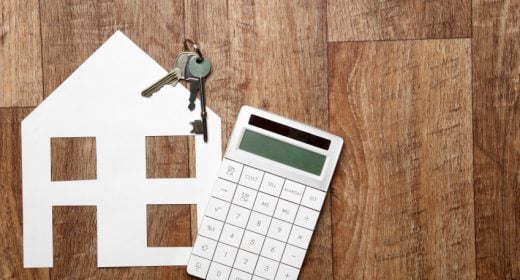How can I reduce my water bills?
Water bills are one of the bigger costs of running a home – and getting bigger all the time. Most homeowners think there is little that can be done to cut their water bills, but there are some practical things you can do to use less water and reduce water bills.

Should I switch from rates to metered?
Most water bills in the UK are dependant on ‘rates’. If you are on rates you pay a set monthly amount that is dependent on the value of your home, and is the same regardless of how much water you use. But switching to a metered supply can have some advantages:
- You pay only for the amount of water you actually use
- If you then cut the amount you use, you can cut your bills. Getting a meter often encourages people to start conserving water
- Meters are fitted free of charge by water companies, yet only 40% of households have them. If you do end up paying more, you can switch back to rates within 12 months
- As a general rule, if there are more bedrooms than people in your household having a meter will work out cheaper than rates. For example, if your kids have left home and you have spare bedrooms
Reduce the amount of water you use
On average, each person uses about 150 litres (or 270 pints) of water every day. If you move from rates to a meter and then watch your water consumption, you could save hundreds of pounds.
Here are some tips to reduce your water consumption:
- Change your shower head. Energy efficient shower heads can save £25 off your monthly water bill according to Energy Savings Trust.
- Have a quick shower rather than a bath. The average bath uses 80 litres of water, while a shower only uses 35 litres.
- Turn off the tap when you are brushing your teeth. If five people who brush their teeth twice a day all leave the tap on you’ll get through an unnecessary 20 litres.
- Make sure that dishwashers and washing machines are full before you use them, and ensure you regularly use the most efficient water and energy settings.
- Use a bowl to wash up rather than a running tap. You only need to run a typical tap for 95 seconds before you would have filled a washing up bowl.
- Leave the garden alone. A garden hose uses 10 litres a minute – most plants don’t need water every day. Alternatively, use rainwater from a water butt.
- Put a big plastic bottle filled with water in your cistern to save the amount of water that is used. Some loos use over 10 litres of water per flush
- Avoid washing your car and, if you have to, wash it by hand rather than using the garden hose.
- Check you haven’t got any leaks by turning off all the taps and then watching the water meter. If it’s ticking upwards you’ve got a leak.




